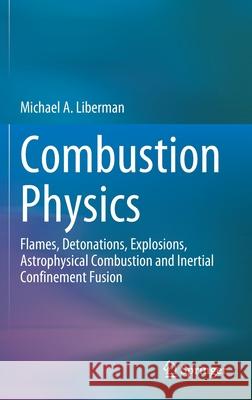Combustion Physics: Flames, Detonations, Explosions, Astrophysical Combustion and Inertial Confinement Fusion » książka
topmenu
Combustion Physics: Flames, Detonations, Explosions, Astrophysical Combustion and Inertial Confinement Fusion
ISBN-13: 9783030851385 / Angielski / Twarda / 2021 / 740 str.
Combustion Physics: Flames, Detonations, Explosions, Astrophysical Combustion and Inertial Confinement Fusion
ISBN-13: 9783030851385 / Angielski / Twarda / 2021 / 740 str.
cena 724,58
(netto: 690,08 VAT: 5%)
Najniższa cena z 30 dni: 693,97
(netto: 690,08 VAT: 5%)
Najniższa cena z 30 dni: 693,97
Termin realizacji zamówienia:
ok. 22 dni roboczych.
ok. 22 dni roboczych.
Darmowa dostawa!
Kategorie BISAC:
Wydawca:
Springer
Język:
Angielski
ISBN-13:
9783030851385
Rok wydania:
2021
Wydanie:
2021
Ilość stron:
740
Waga:
1.05 kg
Wymiary:
23.39 x 15.6 x 3.51
Oprawa:
Twarda
Wolumenów:
01











